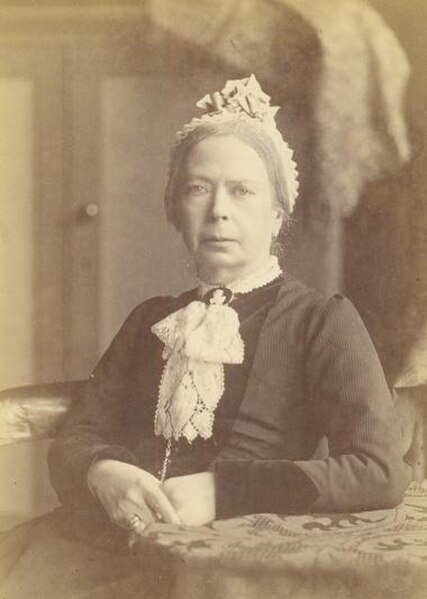Direct grant grammar school
A direct grant grammar school was a type of selective secondary school in the United Kingdom that existed between 1945 and 1976. One quarter of the places in these schools were directly funded by central government, while the remainder attracted fees, some paid by a Local Education Authority and some by the pupils' parents or guardians. On average, the schools received just over half of their income from the state.
The Manchester Grammar School, the best-known of the direct grant grammar schools, was significantly larger than most.
Frances Buss, a pioneer of women's education and founding head of North London Collegiate School
Bradford Grammar School, originally a large secular boys school (now mixed)
Culford School, the first and eventually one of only three mixed direct grant grammars
The Education Act 1944 made major changes in the provision and governance of secondary schools in England and Wales. It is also known as the Butler Act after the President of the Board of Education, R. A. Butler. Historians consider it a "triumph for progressive reform," and it became a core element of the post-war consensus supported by all major parties. The Act was repealed in steps with the last parts repealed in 1996.
Five children drink their morning milk in a classroom in 1942.





